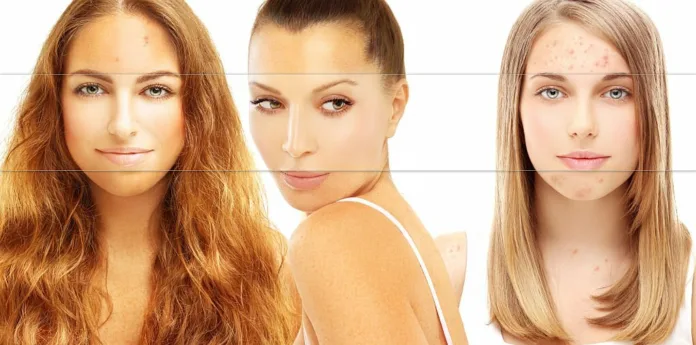Tea, a beverage enjoyed by people worldwide for its soothing warmth, invigorating flavor, and potential health benefits, is often considered a healthy and harmless choice. However, excessive consumption of tea can have unintended consequences, particularly for skin health.
1. Dehydration and Dry Skin:
Tea, especially caffeinated varieties like black tea and green tea, is a mild diuretic, meaning it promotes fluid loss through urination. While moderate caffeine intake is generally safe, excessive consumption can lead to dehydration, which can manifest as dry, flaky skin.
2. Interference with Iron Absorption:
Tea contains tannins, compounds that can bind to iron in certain foods, reducing their absorption in the digestive tract. Iron deficiency can lead to anemia, which can manifest as pale skin, fatigue, and shortness of breath.
3. Potential for Increased Skin Sensitivity:
Some individuals may experience increased skin sensitivity after consuming excessive amounts of tea, particularly those with sensitive skin. This can lead to redness, itching, and discomfort.
4. Exacerbation of Skin Conditions:
In some cases, excessive tea consumption may exacerbate existing skin conditions, such as eczema or rosacea. The tannins and caffeine in tea can trigger inflammation and worsen symptoms.
5. Darkening of Skin:
A common misconception is that excessive tea consumption can darken the skin. This is not entirely true. While tannins can cause temporary staining of the teeth and nails, they do not directly cause skin darkening. However, dehydration caused by excessive tea consumption can lead to dull, lifeless skin that may appear darker.
Maintaining a Healthy Balance with Tea Consumption. While excessive tea consumption can have negative effects on skin health, moderate intake can still be a part of a healthy lifestyle.

Here are some tips for enjoying tea without compromising your skin’s well-being:
Moderate Consumption: Aim for 2-3 cups of tea per day to avoid potential negative effects.
Hydrate Adequately: Drink plenty of water throughout the day to counteract the diuretic effects of tea.
Choose Herbal Teas: Opt for herbal teas, which are naturally caffeine-free and may offer additional health benefits.
Monitor Skin Reactions: Be mindful of any skin reactions or changes after consuming tea. If you experience any adverse effects, reduce your intake or consult a healthcare professional.
Nourish Your Skin: Maintain a healthy skincare routine, including regular cleansing, moisturizing, and sun protection, to support overall skin health.
Remember, moderation is key. Enjoy your tea in moderation and prioritize overall health and well-being to maintain healthy, radiant skin.




